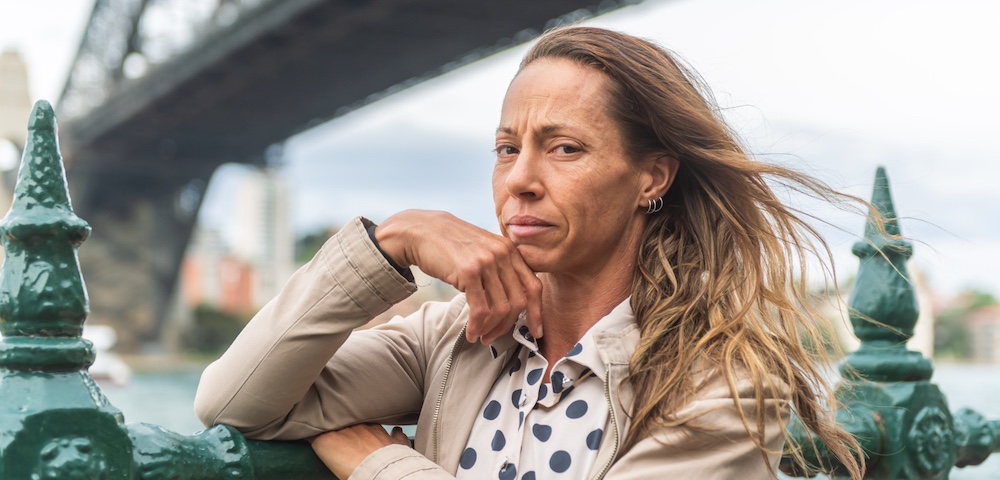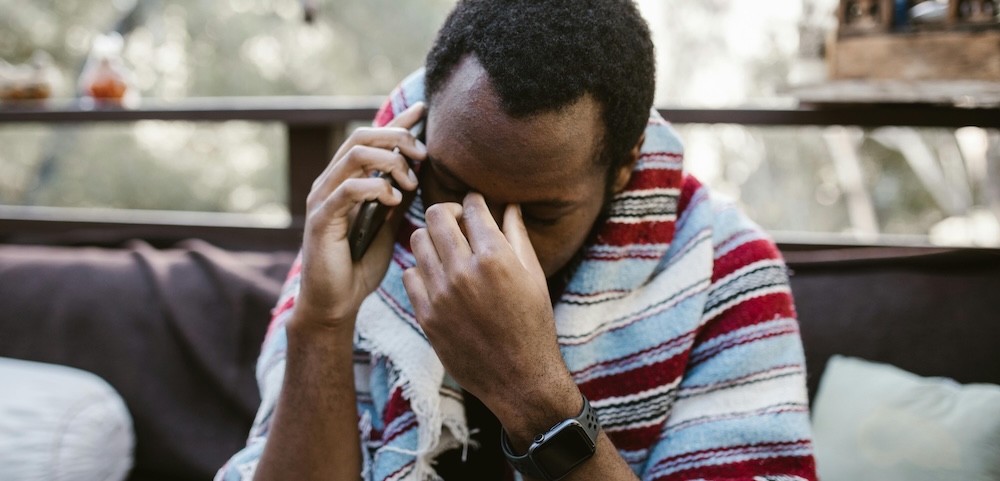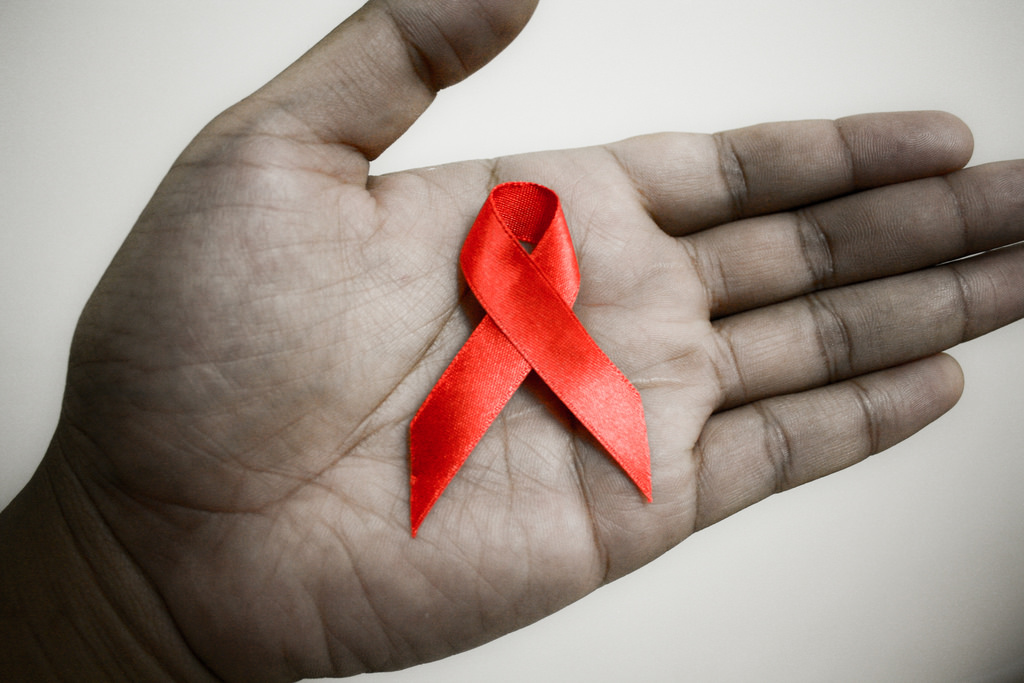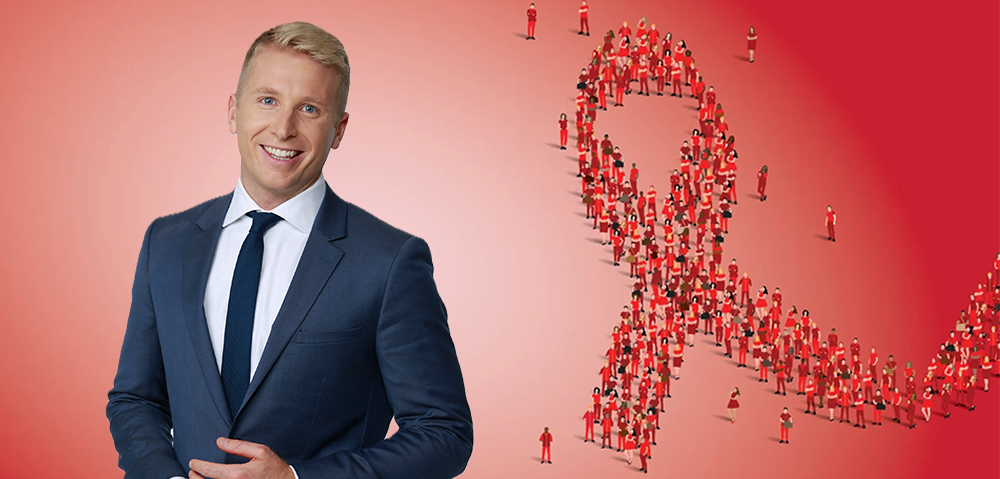
Closet Case: Anna Brown
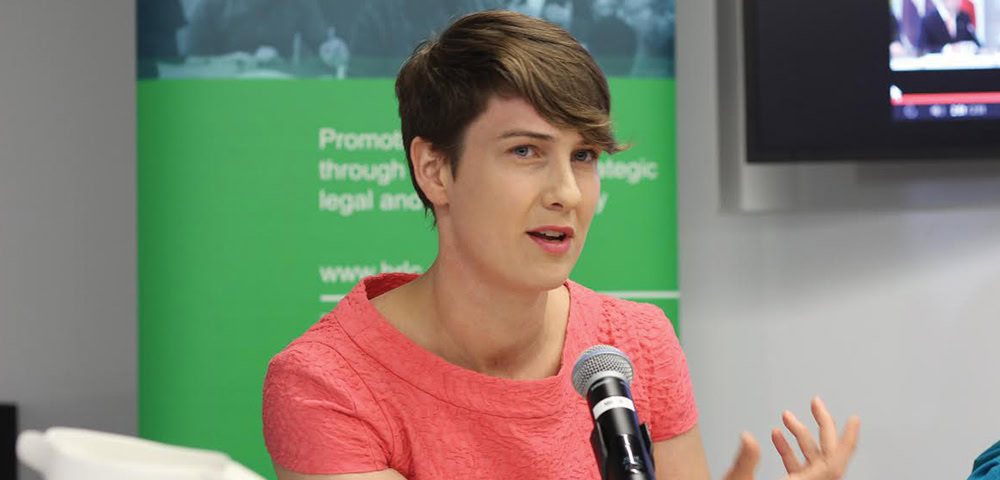
THE football oval was an open and comfortable environment for Anna Brown to begin exploring her queer identity during university.
Playing for the Victorian Women’s Football League, some of her comrades on the field would have boyfriends when they joined the team and girlfriends when they left.
[showads ad=MREC]“I was a late bloomer, I guess,” she said.
“It’s a pretty incredible environment, women’s football, in the sense that you have a safe space to explore queer sexuality and masculinity.
“There were plenty of lesbian women within the football community, so it became a place to explore those feelings.”
In the years since, Brown has worked tirelessly to improve the rights of LGBTI people across the country. She is currently the co-convener of the Victorian Gay and Lesbian Rights Lobby and the Director of Strategic Litigation at the Human Rights Law Centre.
Her work has helped advance marriage equality, recognise sex and gender diversity, and secure federal discrimination protections. As a result, Brown was named the Victorian GLBTI Person of the Year at the 2014 GLOBE Community Awards, and just last month she was shortlisted as a Victorian Australian of the Year finalist.
When she entered her first same-sex relationship she told her dad, who was perfectly accepting.
“I told him I was seeing someone, and that it happened to be a girl,” she said.
“He just said ‘oh okay’, and there was no question in my mind that he wouldn’t be okay with it.”
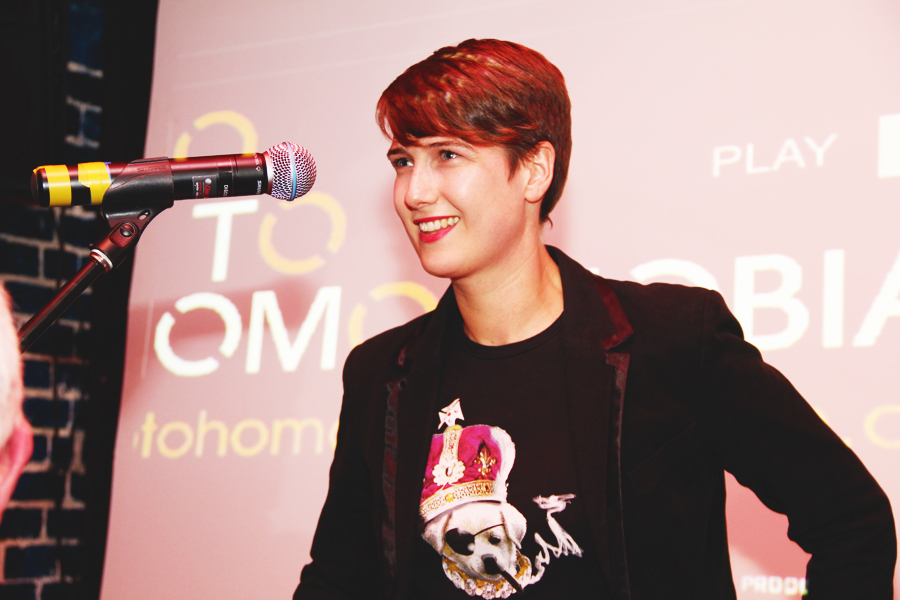
Brown’s twin Robyn then became her inside line to the rest of her family, as she outsourced the rest of the conversations to her sister.
“It meant they could ask all the questions they might have wanted to ask me but were too worried about saying the wrong thing,” Brown recalled.
“It also meant I didn’t have to have embarrassing conversations about my sex life — not something I regularly discussed with members of the family.”
This openness wasn’t mirrored in Brown’s professional life at the time, though. During her first year as a law graduate, she kept the fact that she was in a same-sex relationship hidden, an experience she later discovered was shared by a number of her peers.
“The world has changed for the better since then but at the time we all thought it was too career-limiting, socially unacceptable, or just plain awkward to talk about,” she said.
“As a young female lawyer you’re already dealing with enough entrenched sexism and casual sexual harassment in the legal profession that you want to avoid making things more difficult for yourself.
“I still feel bad about what that meant for my girlfriend at the time… She didn’t come to my admission ceremony because I asked her not to.”
A turning point for Brown was when she moved to Sydney to work for a judge. She admitted that it had been awful hiding that part of her identity at work in Melbourne, and being able to make a break with who she had been in “Australia’s gayest city” was perfect.
“Oxford St felt like a magical fairyland and I still remember going out with friends, and our jaws dropping seeing the queues of women outside the lesbian nights at clubs,” she said.
“I’d never seen anything like it.
“Sydney just felt like it was gay with a capital G, and I started to take more of an interest in the LGBTIQ community more broadly.
“I remember discovering the Star Observer and becoming interested in reading about the community and law reform developments.”
Brown said she has had relationships with both men and women, and has often not felt the need to put a label on her sexuality.
“I didn’t make a big deal out of it when I told my family,” she said.
“It was just a matter of letting people know that the person I was seeing happened to be a woman… I didn’t feel the need to justify myself.
“Labels feel limiting when describing something as complex and nuanced as human sexuality, although I obviously appreciate the need to define population groups for research and policy-making purposes,” she added.
“But I do really enjoy the feeling of being part of the broader LGBTI community, and our movement for equality.
“I love that we can work across these communities and support one another as allies.”
____________________________
**This article was first published in the November edition of the Star Observer, which is available to read in digital flip-book format. To obtain a physical copy, click here to find out where you can grab one in Melbourne, Sydney, Brisbane, Adelaide, Canberra and select regional/coastal areas.
Read previous instalments of “Closet Case”:
Kerryn Phelps & Jackie Stricker




